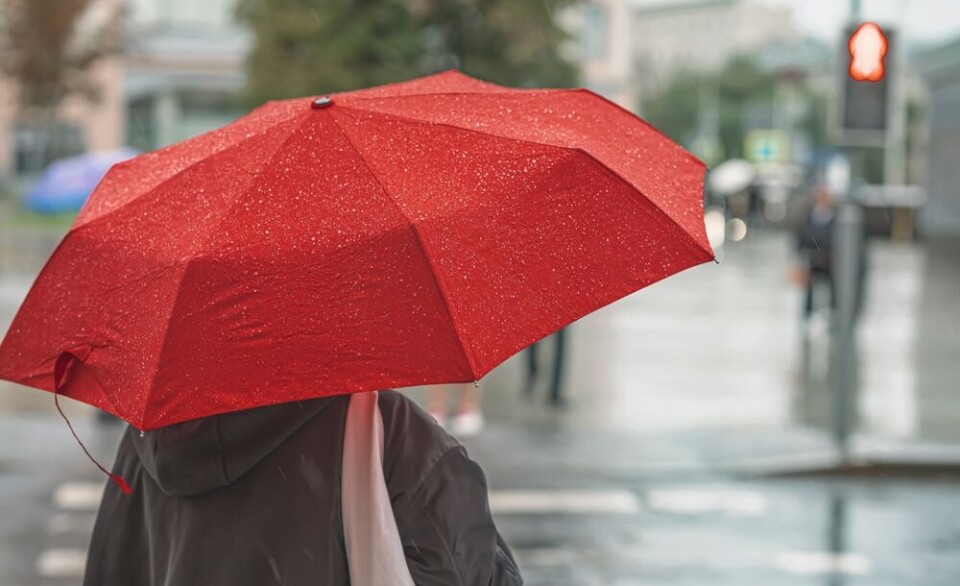-
Extra aid for people buying an electric car in France
The aid applies to multiple vehicle manufacturers in France
-
National plan against tree-destroying insect in France
Millions of m3 are already affected
-
Driving speed limits lowered in Paris amid pollution spike
City sees fine-particle pollution exceed normal levels
Modern art is rubbish, literally
Marseille exhibition uses waste from around the world to highlight environmental damage

In Marseille, an art exhibition made out of collected dirt from around the Mediterranean is being held at the Mucem Museum, to raise awareness about how individuals can contribute in a cleaner world.
Based on ethnographic surveys and research made in countries and areas like Turkey, Egypt, Italy, Morocco, Tunisia and South-eastern France, a team of photographers and investigators was able to gather enough material to build the large exhibition.
The project, named ‘Vie d’ordures’ (Rubbish life), aims to document different forms of waste management and recycling in the various countries. Researchers gathered a variety of objects, documents, films and photographs during their investigation and also created educational material like maps, statistical tables and sketches.
“Through this project, we’d like the visitors to come out more conscious about simple daily acts that could have extremely dangerous consequences to the planet,” said a representative from Vie d’ordures, Denis Chevallier.
Stay informed:
Sign up to our free weekly e-newsletter
Subscribe to access all our online articles and receive our printed monthly newspaper The Connexion at your home. News analysis, features and practical help for English-speakers in France
The visit consists of four parts. During the first part, the visitor is shown that rubbish is everywhere, and should start questioning how the world has got to this point. He is then taken on a flashback trip, made of visuals showing the world preceding this consumption-based one.
The third part is where objects and videos showing waste treatment in the selected parts of the world, such as an optical sorting machine, borrowed from the Pellenc ST3 company based in Provence.
During the fourth and last part, examples of reusing and recycling are shown and by the end of the exhibition, visitors are able to suggest their own solutions.























